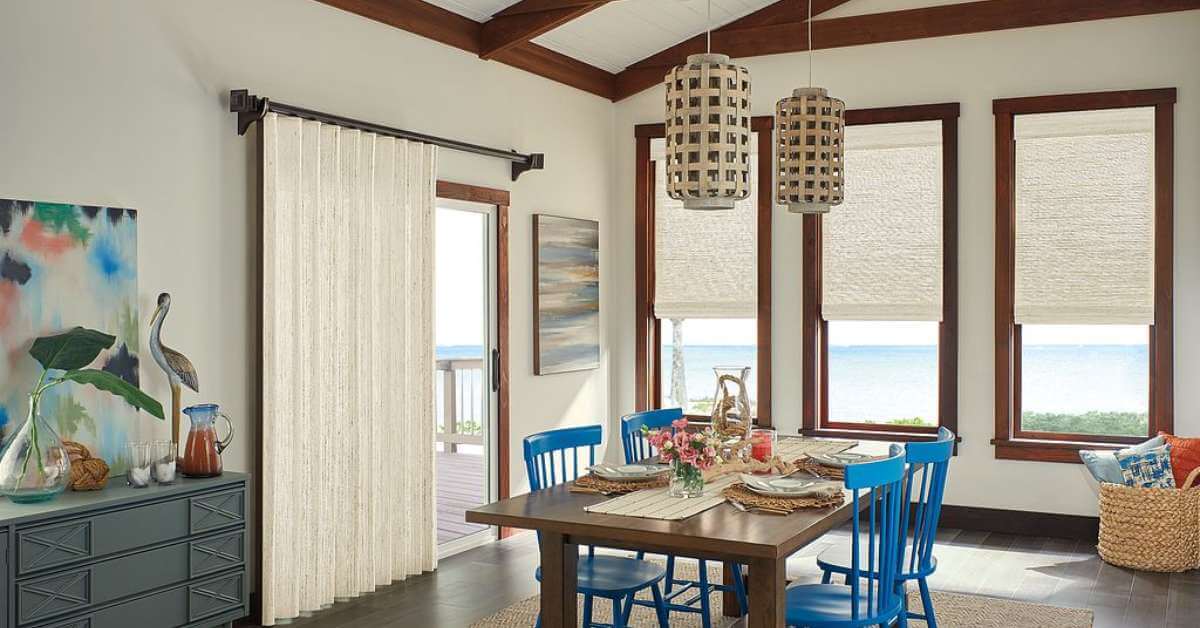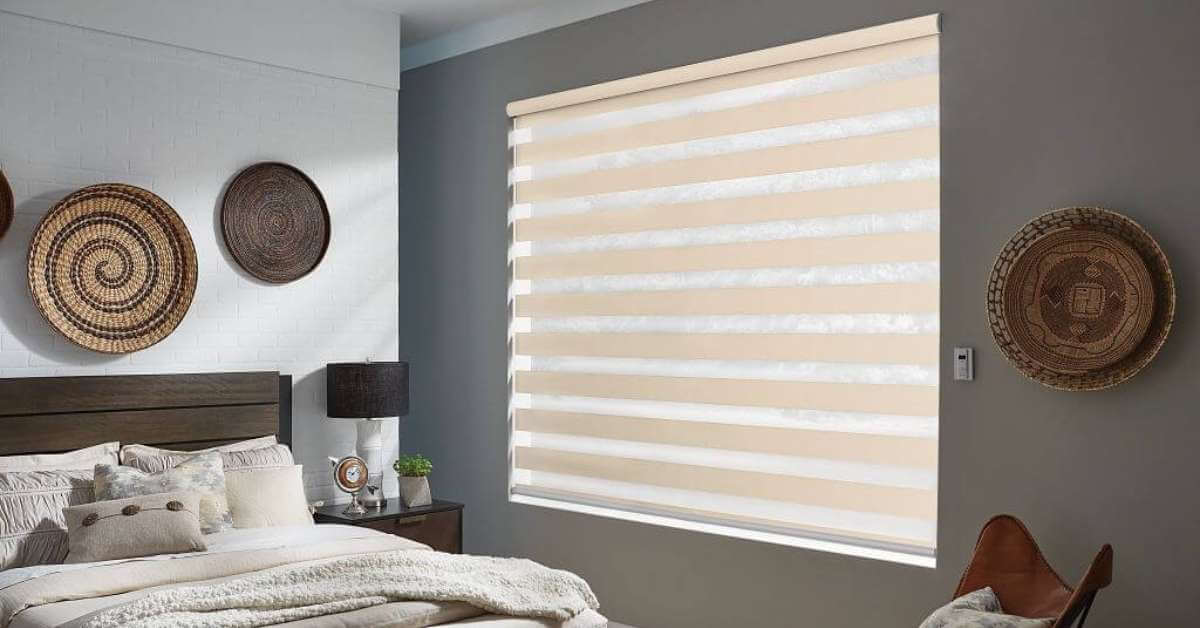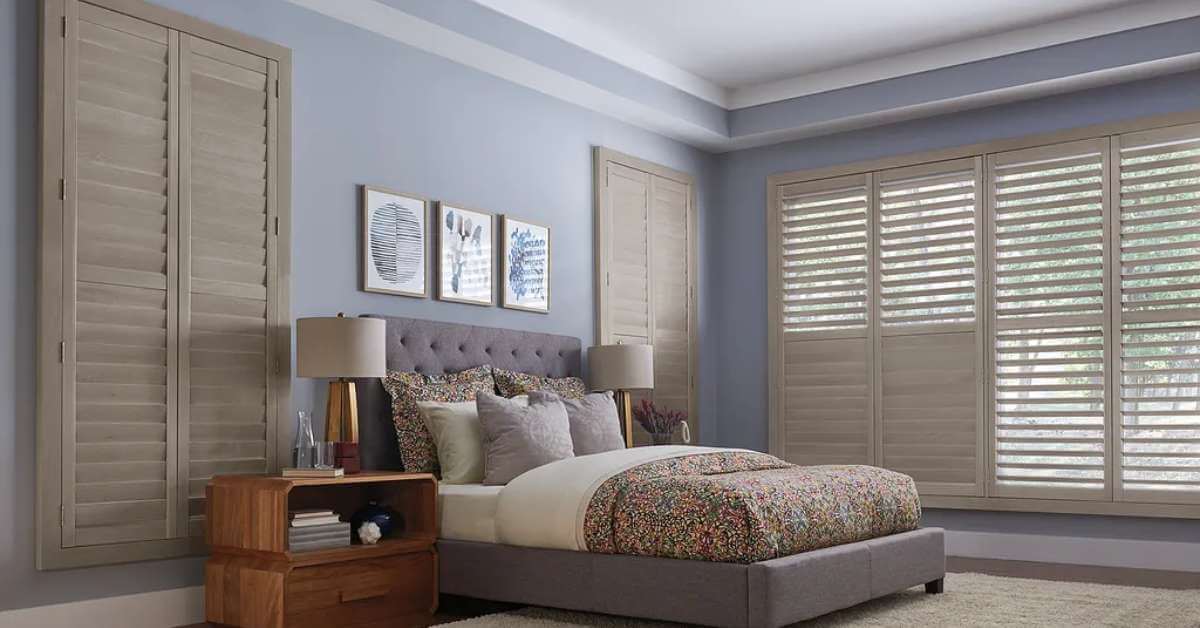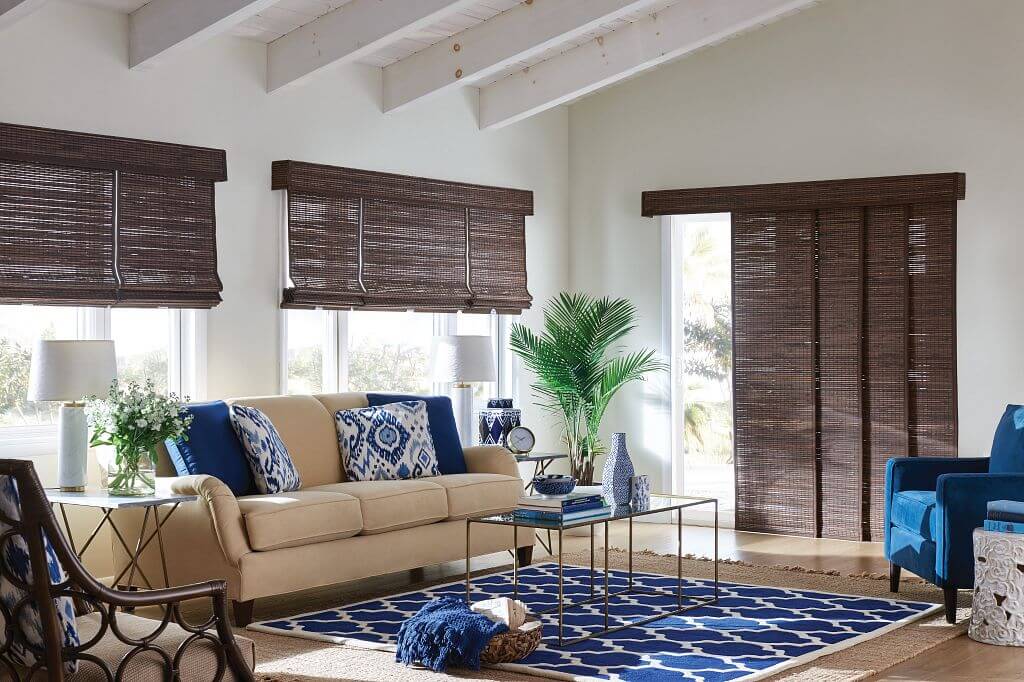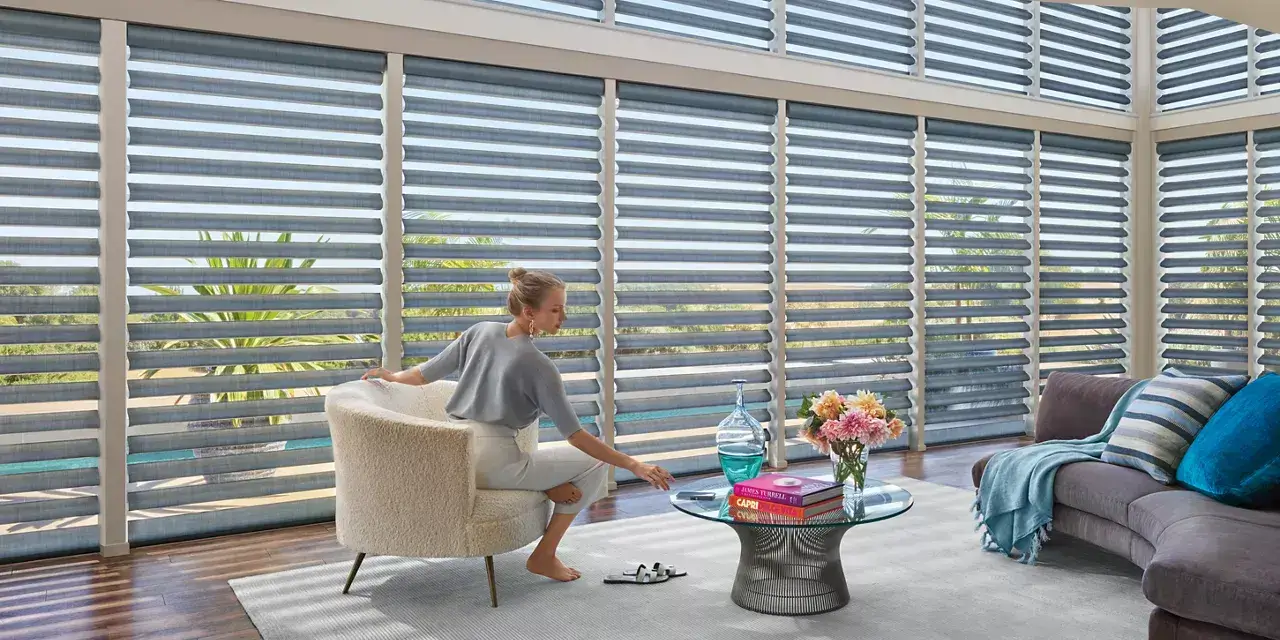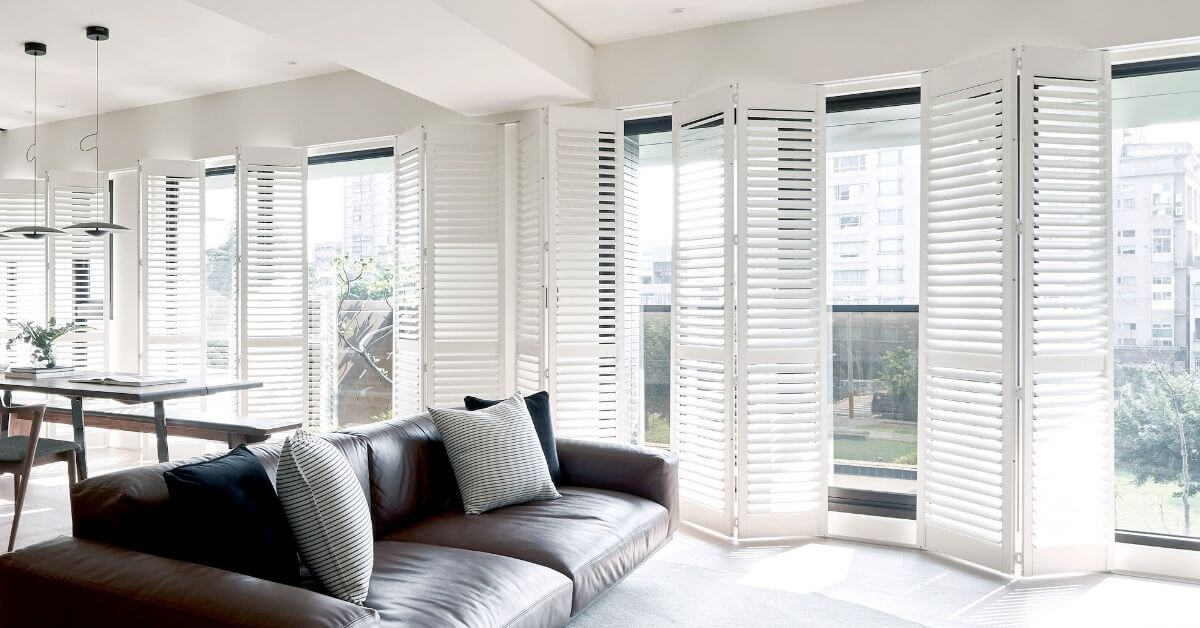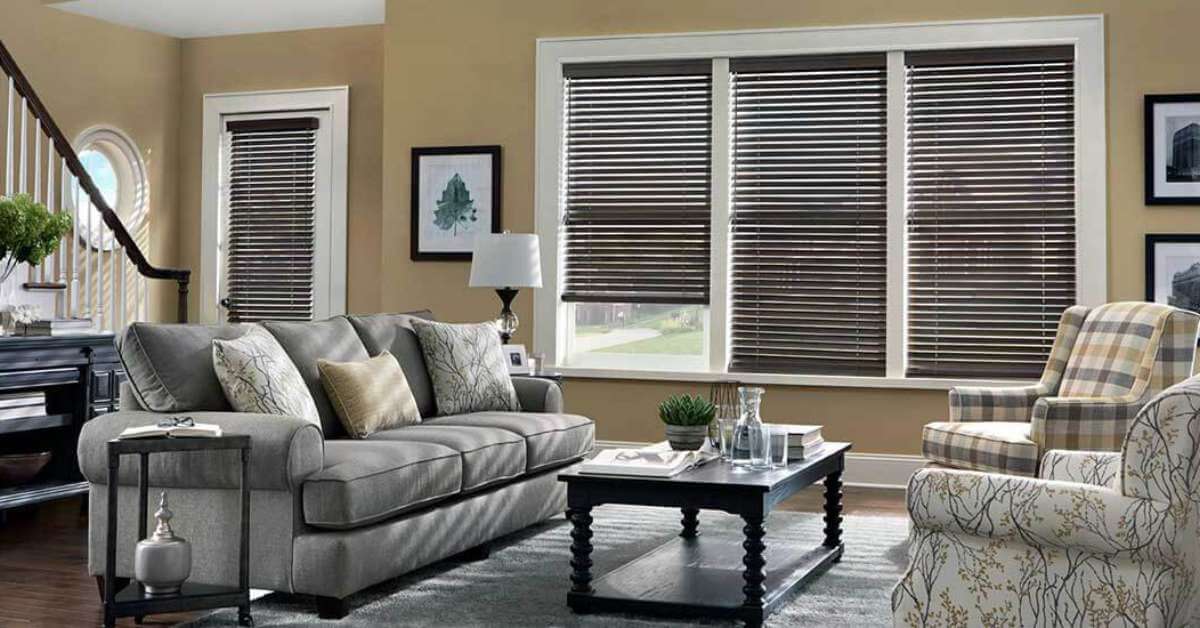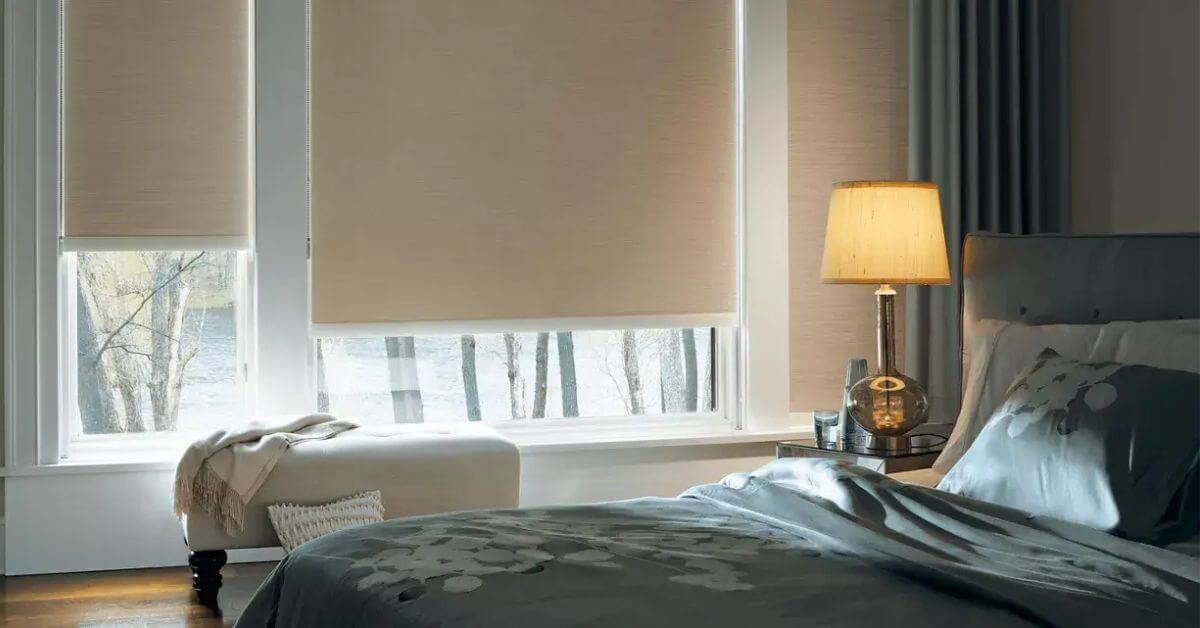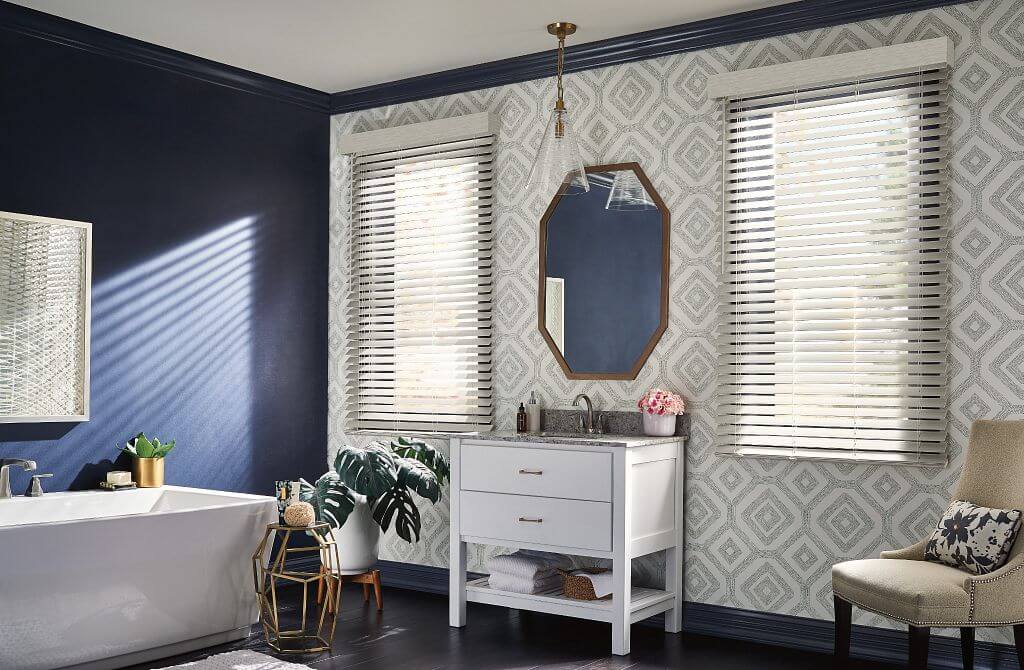Choosing the right window coverings can transform a room, but the decision often comes down to blinds vs. shades. Both offer style, privacy, and light control, yet they differ in terms of function, material, and overall impact on your home’s decor. This guide will help you understand the key differences, enabling you to make the best choice for your space.
In this buying guide, we’ll compare blinds and shades in terms of materials, styles, cost, energy efficiency, durability, and maintenance. You’ll also learn which rooms benefit most from each option, explore popular variations like faux wood blinds and cellular shades, and get answers to common questions homeowners ask before making their purchase.
Blinds vs. Shades: Core Differences
Blinds and shades are often grouped together as window treatments, but their construction sets them apart.
- Blinds: Made of individual slats—wood, faux wood, vinyl, or aluminum—that can be tilted to adjust light and privacy. Options include horizontal blinds, vertical blinds, and cordless blinds.
- Shades: Fabric-based coverings that raise or lower in one piece, offering a softer look. Popular types include roller shades, roman shades, blackout shades, and cellular shades.
Blinds are better for precise light control, while shades excel in insulation and decorative appeal.
Comparing Light Control and Privacy
Blinds: Adjustable Slats
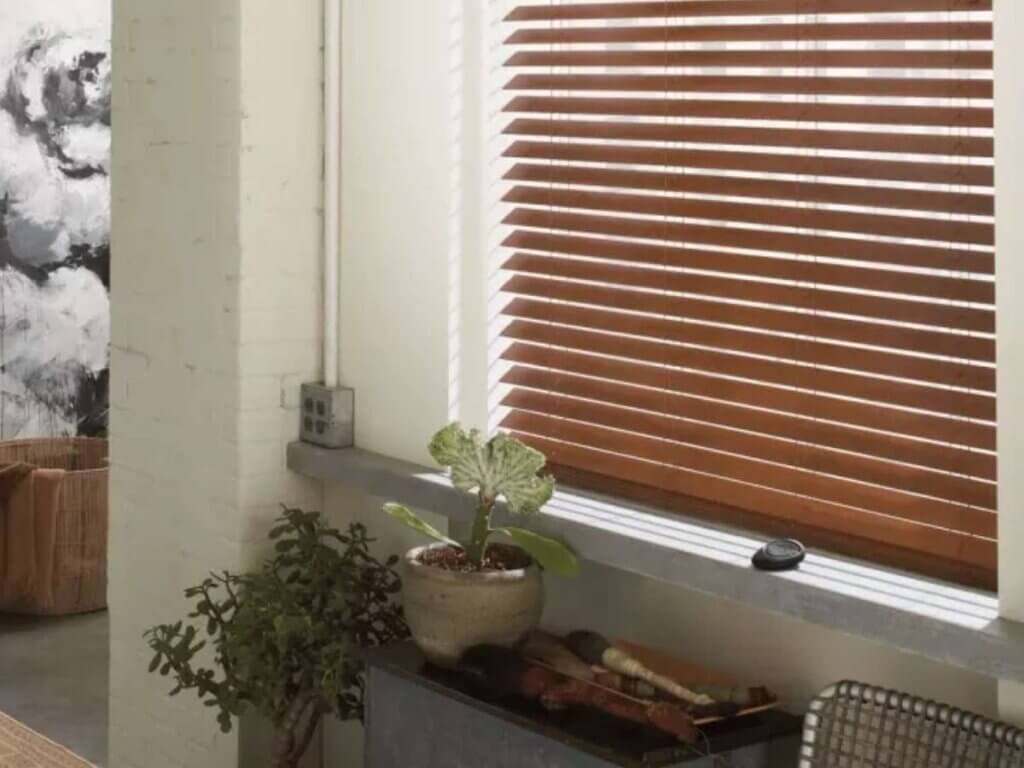
Blinds offer flexibility by allowing you to tilt the slats at various angles. This gives you control over how much light enters the room without having to fully raise the blinds. Horizontal blinds are ideal for living rooms, while vertical blinds are better suited for patio doors and wide windows.
Shades: Seamless Coverage
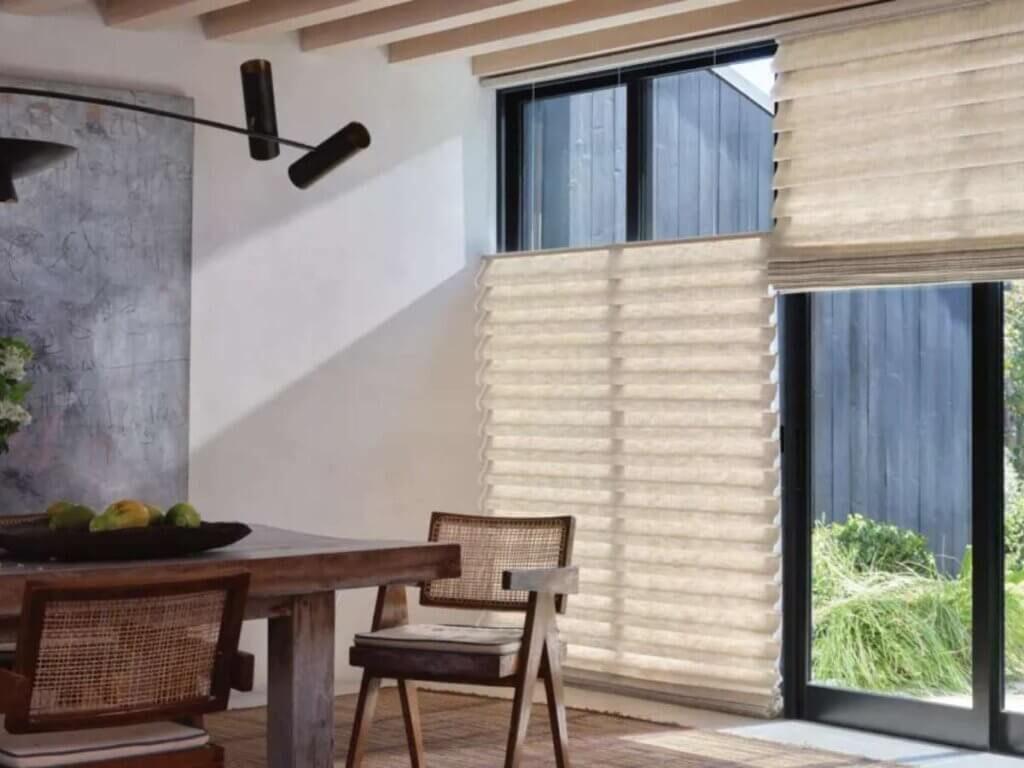
Shades lower as a single piece, blocking or filtering light depending on the material. Light-filtering fabrics create a warm glow, while blackout shades are ideal for bedrooms that require complete darkness. Advanced options, such as top-down and bottom-up shades, let you maintain privacy while allowing natural light to pass through.
Style and Interior Design Impact
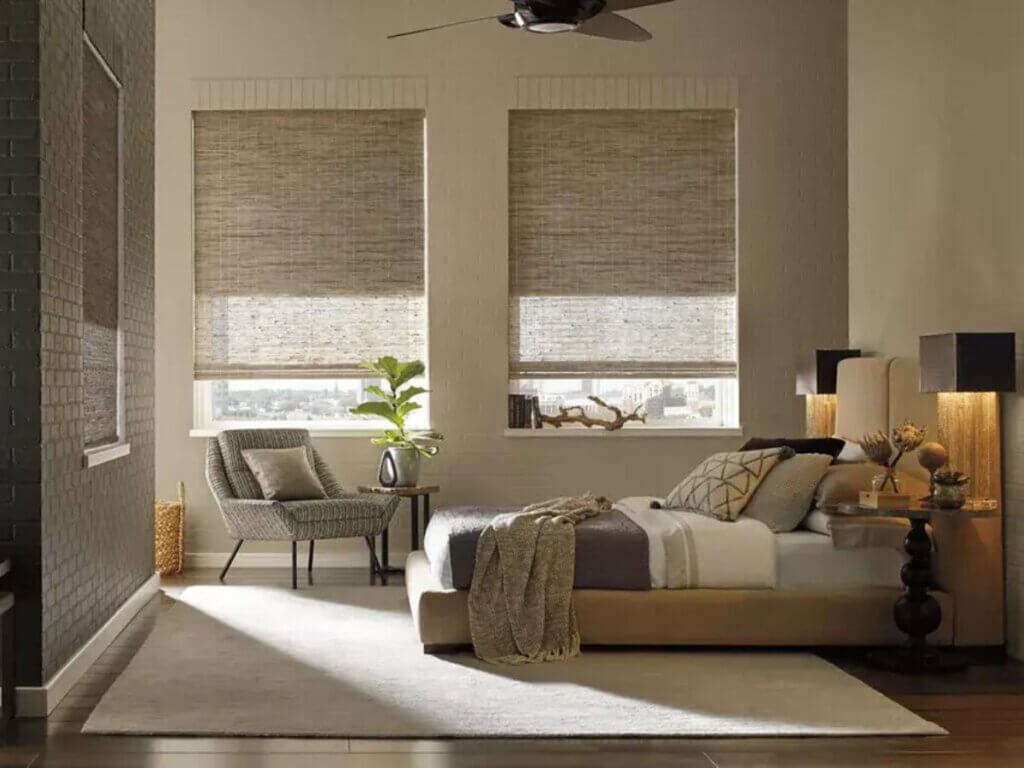
Blinds typically deliver a structured, modern aesthetic, especially faux wood and aluminum blinds that pair well with contemporary decor. They work beautifully in kitchens, bathrooms, and offices where durability matters.
Shades, on the other hand, offer softness and versatility in design. Roman shades add elegance, roller shades bring simplicity, and cellular shades provide a modern, energy-efficient touch. They’re a natural fit for bedrooms, living rooms, and dining areas where comfort and style matter.
Cost and Value Considerations of Blinds vs. Shades
Both blinds and shades vary in cost depending on the material, customization options, and size.
Feature | Blinds | Shades |
Light Control | Adjustable slats, precise | Full coverage, fabric options |
Style Options | Faux wood, aluminum, vertical | Roman, roller, cellular, blackout |
Cost Range | Budget-friendly to mid-range | Mid-range to premium |
Energy Efficiency | Moderate with thicker materials | High with cellular/blackout fabrics |
Durability | Very durable, long-lasting | Good, but fabric may wear faster |
Blinds generally offer a more budget-friendly solution upfront, while shades often provide greater long-term value through energy efficiency and design flexibility.
Installation and Maintenance

Blinds are easy to clean with a quick dusting or wipe-down, making them a practical choice for households seeking low-maintenance solutions. Faux wood blinds and aluminum blinds are especially durable and moisture-resistant.
Shades require more care depending on the fabric. While roller shades and cellular shades can be lightly vacuumed or spot cleaned, delicate fabrics may require professional cleaning over time.
Energy Efficiency and Room Darkening
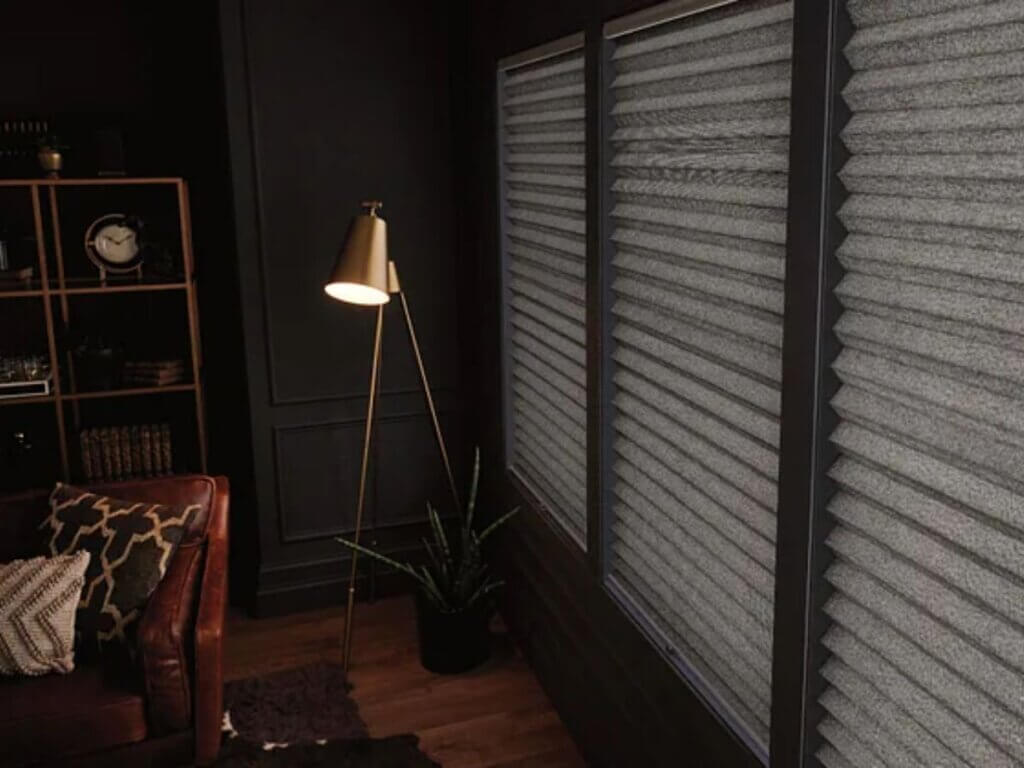
Shades typically outperform blinds in terms of energy efficiency. Cellular shades, with their honeycomb structure, trap air and help regulate indoor temperatures. Blackout shades are excellent for blocking heat and providing complete darkness in bedrooms.
Blinds, while less insulating, still contribute to energy savings when paired with thicker slats or darker finishes. Faux wood blinds can reduce heat gain in sunny rooms, especially when combined with room-darkening options.
Key Takeaways
- Blinds excel in precise light and privacy control.
- Shades offer better insulation and energy efficiency.
- Blinds are generally more durable and require less maintenance.
- Shades provide more design flexibility and softness.
- The right choice depends on your room’s function and style goals.
FAQs About Blinds vs. Shades
1. Are blinds or shades better for bedrooms?
Shades are often the top choice for bedrooms, particularly blackout or cellular shades. These options block light more effectively than blinds, ensuring better rest. That said, blinds with room-darkening features can still provide privacy and comfort for bedrooms where style and structure are preferred.
2. Which is more durable: blinds or shades?
Blinds usually last longer due to their sturdy materials, such as faux wood or aluminum. Shades, being fabric-based, may show wear sooner, especially in high-traffic areas. However, premium shades made from high-quality fabrics can still deliver years of performance with proper care.
3. Do blinds or shades save more on energy costs?
Shades, particularly cellular shades, provide superior insulation by trapping air within their honeycomb design. This helps reduce heating and cooling costs throughout the year. Blinds do offer some energy efficiency benefits, especially thicker styles, but shades generally outperform them in this category.
Make the Right Choice with Professional Guidance
Selecting between blinds vs. shades comes down to balancing function, style, and budget. Blinds offer durability and easy maintenance, while shades provide softness and energy efficiency. Both enhance your interior design and can be customized to fit any window size or style.
If you’re ready to explore the best window treatments for your Philadelphia-area home, Bloomin’ Blinds of Bucks, Montgomery & Greater Princeton is here to help. Our team offers expert advice, custom solutions, and professional installation to make your decision simple and stress-free. Book an appointment today and let us bring the perfect blinds or shades to your home.
